Don't judge what you don't understand
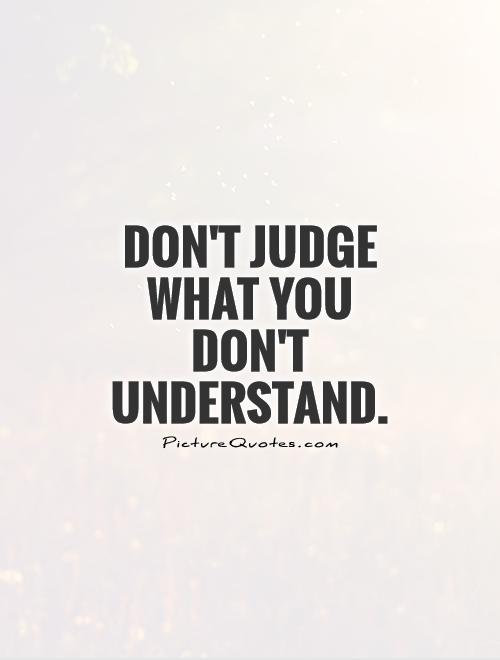
Don't judge what you don't understand
"Don't judge what you don't understand" is a powerful reminder that we should not rush to conclusions or make assumptions about something we do not fully comprehend. This is especially important when it comes to judging words, as language is a complex and nuanced form of communication that can easily be misinterpreted or misunderstood.When we judge words without understanding their full context or meaning, we run the risk of misinterpreting the speaker's intentions and causing unnecessary harm or conflict. Words have the power to uplift, inspire, and connect people, but they also have the potential to hurt, offend, and divide. It is crucial that we approach words with an open mind and a willingness to listen and learn before passing judgment.
One common mistake people make when judging words is taking them at face value without considering the underlying emotions, experiences, or beliefs that may have influenced the speaker's choice of language. For example, a seemingly innocuous comment made in jest may be perceived as hurtful or offensive if the listener is unaware of the speaker's sense of humor or cultural background.
Another common pitfall is assuming that we know the full story behind someone's words based on our own biases or preconceived notions. This can lead to misunderstandings and conflicts that could have been avoided if we had taken the time to ask questions, seek clarification, or engage in a meaningful dialogue with the speaker.
In order to avoid judging words without understanding, it is important to practice empathy, active listening, and open-mindedness. Instead of jumping to conclusions or making assumptions, we should strive to approach words with curiosity and a genuine desire to understand the speaker's perspective. By doing so, we can foster better communication, build stronger relationships, and create a more inclusive and compassionate society.
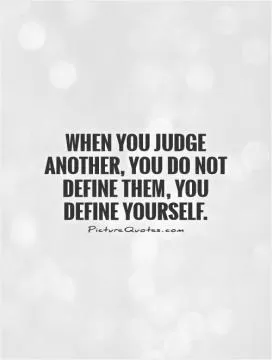
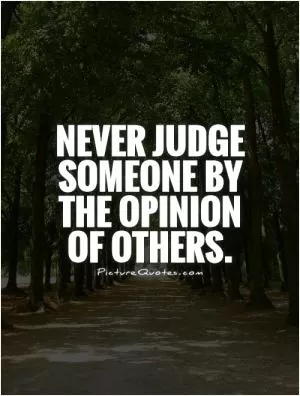

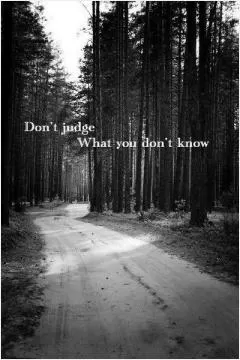
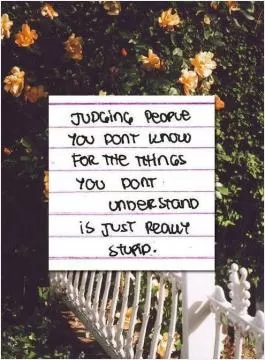
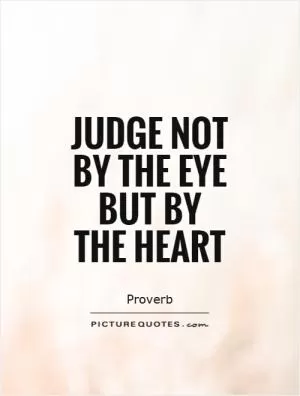
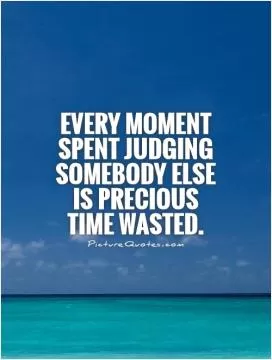

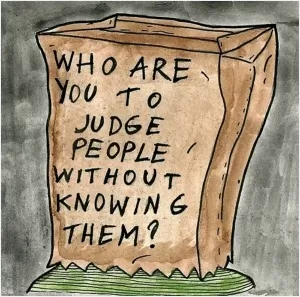

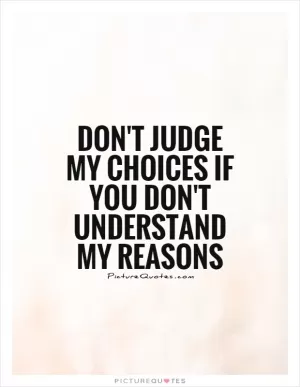
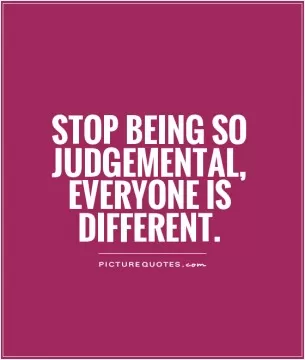
 Friendship Quotes
Friendship Quotes Love Quotes
Love Quotes Life Quotes
Life Quotes Funny Quotes
Funny Quotes Motivational Quotes
Motivational Quotes Inspirational Quotes
Inspirational Quotes